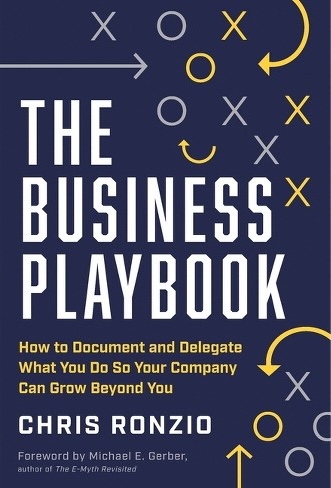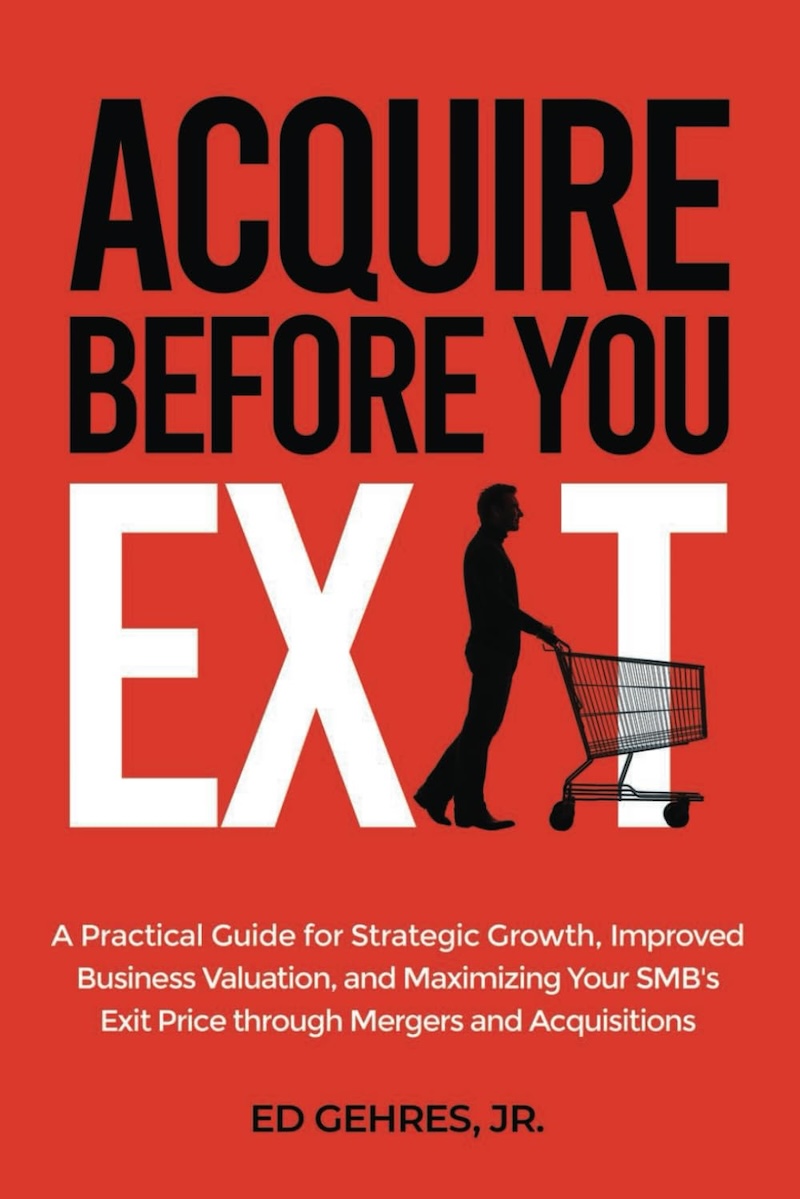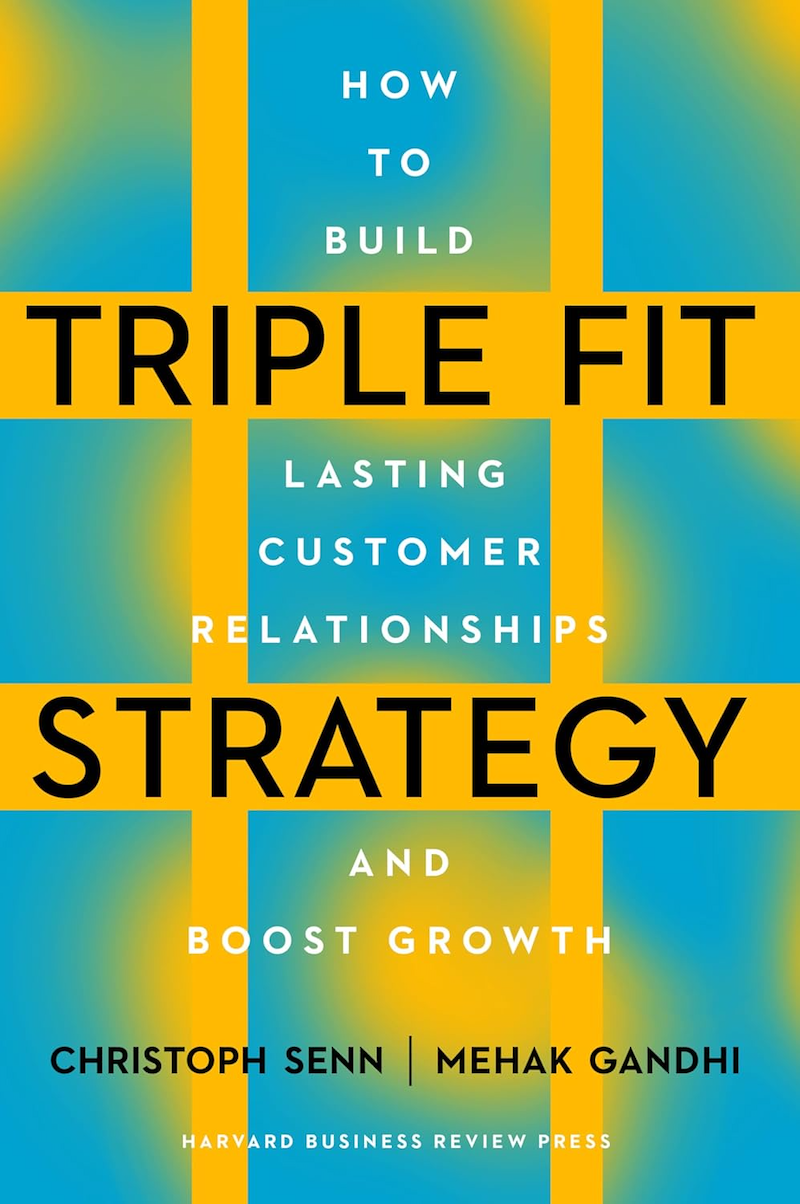When I meet business leaders for the first time, I am genuinely interested in their business. But, I also care about how coachable they are. Have they allowed wise people to speak into their business situations and have they been receptive to that input? If a business leader thinks he already has all the answers or that people outside the business couldn’t possibly know enough to provide worthwhile advice, then my hopes for the business fade pretty quickly. They may enjoy short term success, but I don’t expect it to last — at least not under that leadership.
Willingness to allow others to walk alongside you, helping you see your unachieved potential, guiding you in how to improve, and encouraging you through the hard work necessary to perform your best isn’t just smart from a business perspective, it’s also biblical. And coachability is essential not only to the health of your business, but also to your personal health. Bearing all the weight of running a business alone can easily lead to major health problems.
Bottom line, inviting a wise advisor in to help you see your weaknesses and mistakes, and to help guide you in how to overcome them, can increase your business success, your personal happiness, and your health. What’s not to like about that!
That doesn’t mean it’s easy. Coachability starts with the humility of recognizing our own weaknesses and faults and desiring to improve. It works through relationship with others, specifically being open to feedback and correction, and being thankful for those who care enough to help.
In the article linked below I discuss how to overcome some of the challenges many of us have opening up to others and asking for their help.
Read the full article here.










